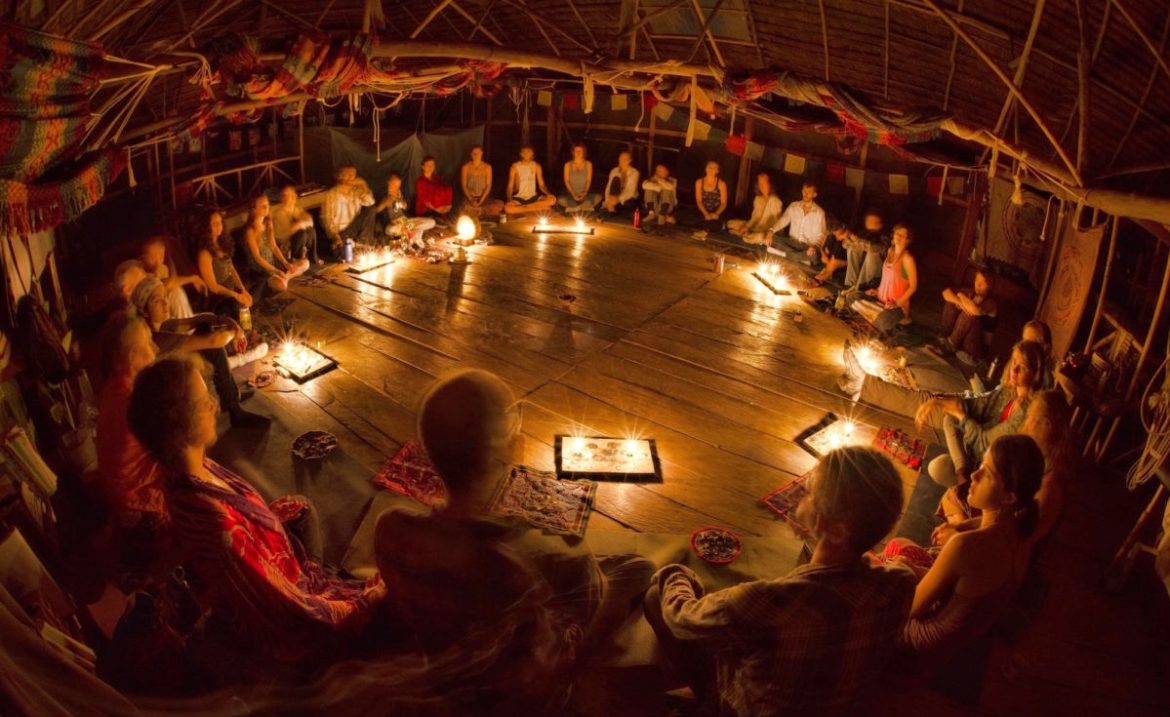In recent years, Costa Rica has become a focal point for a unique kind of tourism that’s drawing a diverse crowd from around the globe. Veterans, psychologists, lawyers, and seekers of spiritual awakening are flocking to this Central American paradise not for its pristine beaches or lush rainforests, but for something much more introspective: Ayahuasca tourism. This phenomenon revolves around the ancient, ceremonial drink known to induce vivid visions and emotional insights, offering participants a deep dive into the realms of personal healing and exploration.
What Draws the World to Costa Rica’s Ayahuasca Retreats?
Ayahuasca, a brew with its roots deep in the Amazonian shamanic traditions, contains DMT, a powerful hallucinogenic compound that’s illegal in many countries, including the United States. However, in Costa Rica, the brew occupies a legal gray area, allowing for the rise of Ayahuasca retreats that operate within the bounds of the law. Participants are drawn to these retreats in search of healing from PTSD, depression, addiction, and the stresses of modern life, or simply to explore the deeper aspects of their psyche.
The Spiritual Appeal of the Rainforest
Part of the allure of undergoing an Ayahuasca ceremony in Costa Rica lies in the setting. Nestled in the heart of the rainforest, these retreats offer an environment that’s as healing as the brew itself. The lush greenery, the symphony of wildlife, and the disconnect from the hustle of daily life create a perfect backdrop for introspection and spiritual exploration.
Veterans Seeking Solace
Among the most notable participants are military veterans who, disillusioned by conventional treatments for PTSD, have turned to Ayahuasca as a last resort. Many report profound breakthroughs in their healing journey, attributing their progress to the deep emotional and psychological insights gained during their ceremonies.
Psychologists and Legal Professionals: A Quest for Understanding
The participation of psychologists and legal professionals highlights a growing interest in alternative therapies and the legal implications of psychedelic substances. Psychologists attend these retreats both for personal exploration and to understand the potential therapeutic benefits of Ayahuasca, while legal professionals are curious about the legal frameworks that allow such practices to thrive in Costa Rica.
Navigating the Legal Gray Areas
Costa Rica’s stance on Ayahuasca is part of a broader conversation about the decriminalization and therapeutic use of psychedelic substances. The country’s retreats operate in a space where Ayahuasca is neither explicitly legal nor illegal, a situation that many advocates hope will lead to clearer regulations and protections for those seeking its benefits.
Safety and Sustainability Concerns
As Ayahuasca tourism grows, so do concerns about the safety and sustainability of these practices. Reputable retreats prioritize the well-being of their participants, employing experienced shamans and healthcare professionals to guide ceremonies. They also emphasize the sustainability of their practices, sourcing Ayahuasca in a way that respects the environment and the indigenous communities that have been its custodians for centuries.
A Journey of Healing and Discovery
Participants describe Ayahuasca ceremonies as life-changing, offering not only profound insights into their personal lives but also a deeper connection to nature and the universe. Despite the challenges and the intensity of the experience, many leave with a newfound sense of peace and purpose.
The Future of Ayahuasca Tourism
As more people from diverse backgrounds are drawn to Ayahuasca’s potential for healing and spiritual exploration, the future of Ayahuasca tourism in Costa Rica looks promising. Advocates hope for more research and legal clarity that could pave the way for its acceptance as a legitimate form of therapy. In the meantime, Costa Rica remains a beacon for those seeking transformation beyond the boundaries of conventional medicine and psychology.


1 comment
[…] Source link […]